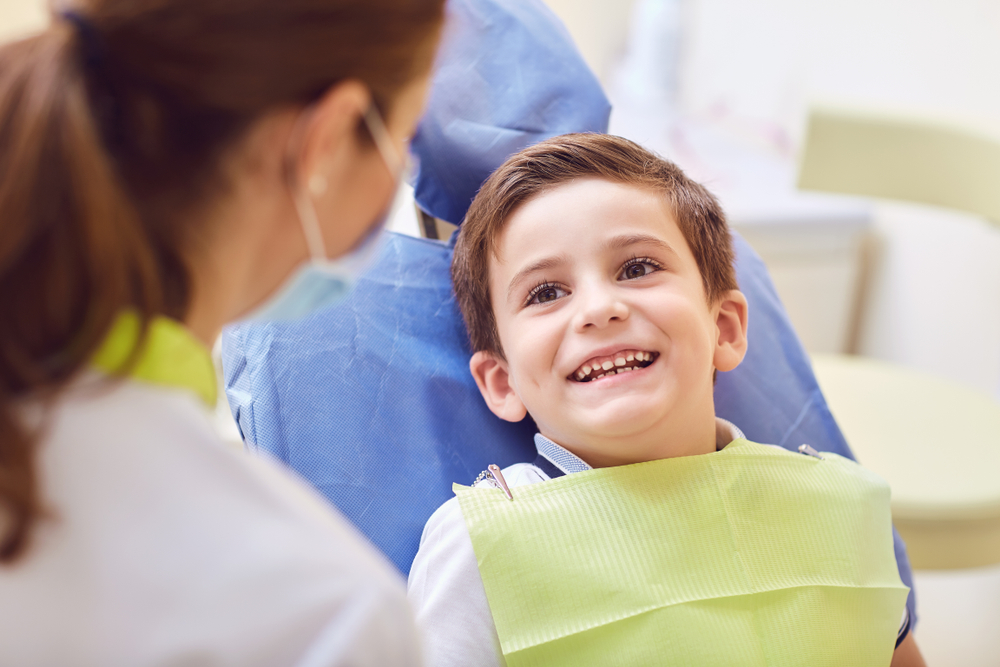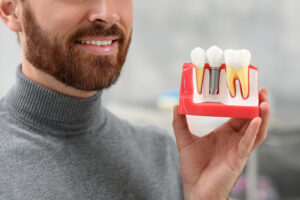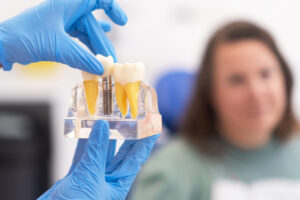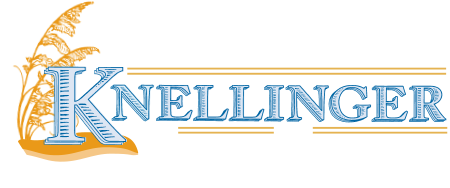There are different steps to go through while taking care of your oral hygiene as the years go on. From infant, to toddler, to young adult, slightly different rules apply for brushing your teeth and flossing.
When speaking to pediatric dentists, oral hygiene is as important for infants as adults. It is imperative for optimal oral hygiene from a very young age because it will prevent possible infections. Infections can be prevalent without proper oral hygiene for infants because they are so sensitive and new. On the soft tissues of infants, little cuts may appear from feeding. Bottles and pacifiers, along with teething toys may cause small abrasions, and without proper care, infection can begin.
Brushing a child’s teeth from a young age is important because it allows them to get into the routine of keeping on top of their hygiene. Pediatric dentists tend to recommend while choosing a child’s toothbrush to check the recommendations set by the manufacturer. While looking for this information, you will see the age range for intended use.
Along with proper toothbrushes, getting the correct toothpaste is also important. Adult toothpaste may kill the natural good bacteria found in a child’s mouth, so finding the perfect toothpaste for young ages is essential. Children typically also use toothpaste with lower fluoride content. This makes the paste safer just in case it is ingested.
Most children like to show their independence by doing tasks, such as brushing their teeth by themselves. Children like to take charge, and it is always a good idea to allow them to do so under parental supervision. If children are taught from a young age to take care of their hygiene on their own, with the proper care, they will be more apt to do so in the future.
If you have a child at a young age, contact your doctor to ensure they’re getting the best dental clean. Schedule routine appointments for your children for cleanings, as it is important to get in a habit of doing so. If you need more information on how to properly take care of your infant or child’s teeth, contact your oral care provider, and they will be able to give you more tips.




